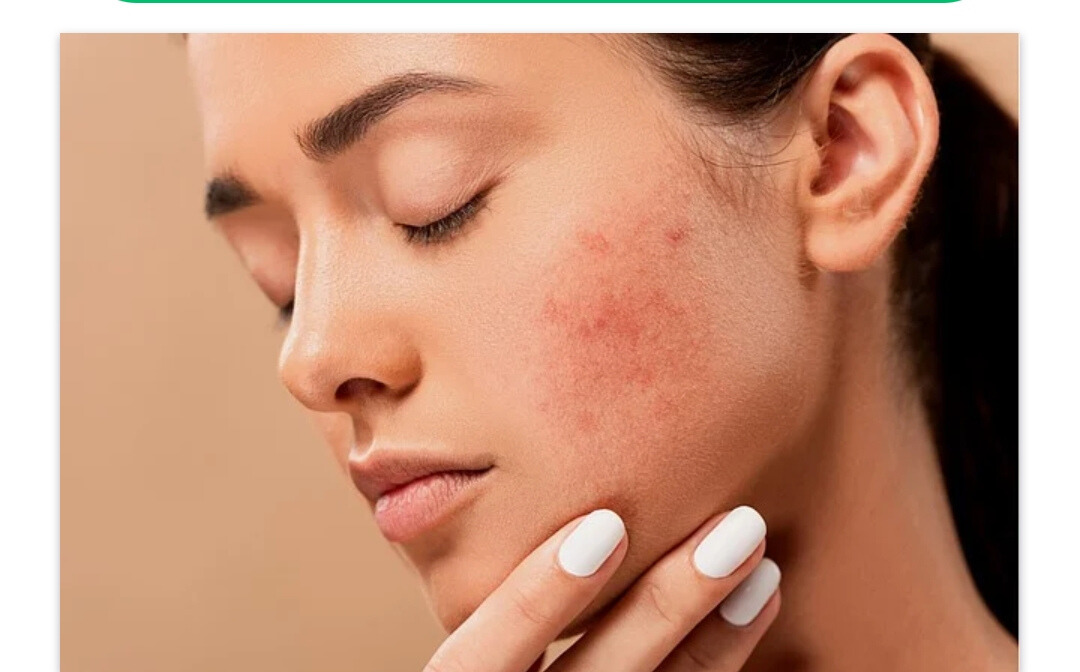Diseases

Acne Vulgaris/Pimples
Ayurveda offers a holistic approach to managing acne vulgaris or mukhdushika by addressing the underlying imbalances, reducing inflammation, and promoting skin health. Here are some key aspects of Ayurvedic management for acne vulgaris:
1. Identifying the Root Causes: Ayurvedic practitioners assess an individual's dosha (constitution), overall health, and lifestyle to identify the root causes of acne. Treatment is tailored to address these specific causes, which may include imbalances in Pitta dosha, improper digestion, hormonal factors, or accumulation of toxins.
2. Herbal Remedies: Ayurvedic herbs and formulations are used to support skin health, reduce inflammation, and alleviate acne symptoms. Some commonly used herbs include Neem, Turmeric, Manjistha, Haridra, and Triphala. These herbs have antibacterial, anti-inflammatory, and detoxifying properties that can help improve acne.
3. Dietary Recommendations: Ayurvedic dietary recommendations for acne focus on promoting digestion, reducing inflammation, and supporting detoxification. This includes incorporating fresh fruits, vegetables, whole grains, lean proteins, and healthy fats into the diet. Avoiding processed foods, excessive sugar, and unhealthy fats is advised.
4. Skincare Practices: Ayurveda emphasizes proper skincare practices to manage acne. This includes gentle cleansing using natural ingredients, avoiding harsh chemical-based products, and moisturizing with natural oils or herbal preparations. Protecting the skin from excessive sun exposure is also important.
5. Lifestyle Modifications: Ayurveda recognizes the impact of lifestyle choices on skin health. Managing stress through techniques such as meditation and yoga, getting adequate sleep, and avoiding excessive alcohol and tobacco use can contribute to healthier skin.
6. External Therapies: Ayurvedic therapies such as Ubtan (herbal paste application), Abhyanga (therapeutic massage), and Mukhalepa (facial masks) can be beneficial for improving skin health, reducing inflammation, and promoting an even skin tone.
7. Detoxification: Ayurvedic detoxification therapies, such as Panchakarma, may be recommended to help eliminate toxins, reduce inflammation, and improve skin health. These therapies are performed under the guidance of a qualified Ayurvedic practitioner.
It's important to consult with a qualified Ayurvedic practitioner or dermatologist for a proper diagnosis, personalized treatment plan, and guidance throughout the course of treatment. Ayurvedic treatments can be used alongside conventional skincare approaches, and it's important to inform all healthcare providers about the treatments you are undergoing. Regular monitoring of skin condition and follow-up with healthcare professionals are essential for managing acne vulgaris effectively.
